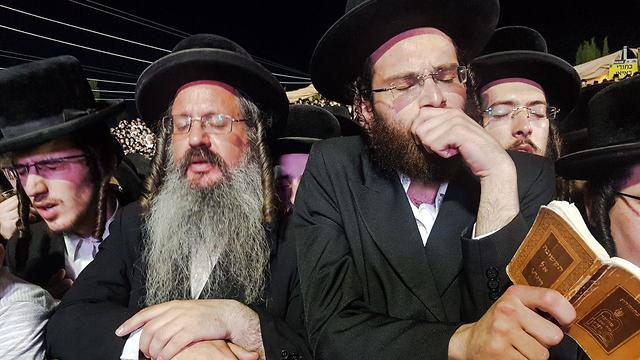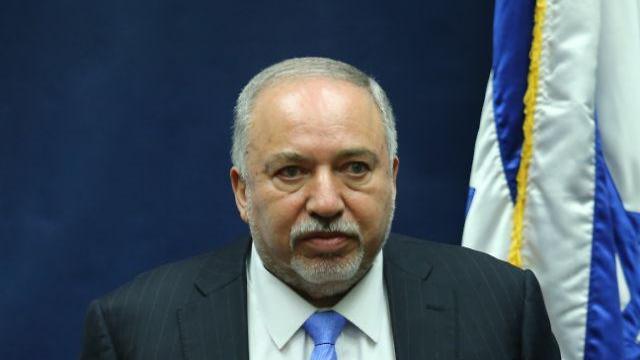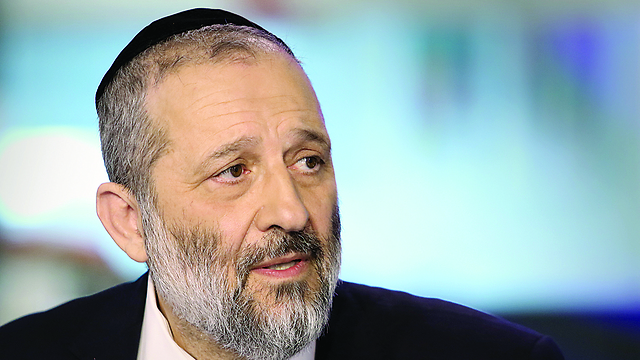
The decision, as polling shows, is in line with Avigdor Liberman's main political slogan that is gaining support in the Israeli secular community, that religious parties have been forcing their agenda on Israeli society while not sharing in the burdens other Israelis must bare such as military service.
Despite the ruling Likud's attempts to portray Liberman - who prevented Prime Minister Benjamin Netanyahu from forming a coalition after the April 9 election - as a cynical opportunist, the point is not the man. The point is the message.
And opportunism on the part of Liberman did not stop the prime minister offering Yisrael Beytenu leader a blanck cheque if he joins his government.
Cities around the country: Tiberias, Modi'in, Arad, all considered majority right-wing supporters, are showing dissent towards Netanyahu's "natural partnership" with ultra-Orthodox political parties.
While political pundits stress that the Blue and White party will be unable to recruit religious parties into a coalition should they win the election in September (primarily because of legislation passed by former finance minister and Blue and White co-founder Yair Lapid), Likud's problem appears greater.
Netanyahu does not seem to have the majority support he needs to form the next government without a national unity agreement with Blue and White. They, on the other hand, remain steadfast in their refusal to join a coalition led by a prime minister under investigation and possible indictment on corruption charges.
Efforts to reduce Liberman's electability throwing other anti-religious players into the ring - such as Tiberias Mayor Ron Cobi - are not expected to succeed but the slogans remain: weaken the power of the Orthodox.
Some in Likud now seem to understand this. Knesset Speaker Yuli Edelstein wrote an op-ed for the Makor Rishon newspaper, owned by American Jewish casino magnate Sheldon Adelson - a supporter of the prime minister. In it, the speaker called for the authority on religious status quo questions to be left to municipal governments.
This revolutionary idea did not just appear in Edelstein's mind. Especially now, before a public referendum.
He is eyeing the job of president, soon to be vacated by President Reuven Rivlin. He does not need a fight with the ultra-Orthodox parties just for the fun of it.
But logical argument is that while tensions with Iran, the budget deficit, and corruption investigations have not moved voters away from Likud, the question of religion and state may do that because it is becoming the hot issue on voters' minds.
The public is signaling to Likud and its leader that it is time for change, but it seems only certain politicians are seeing the signs.
Netanyahu will likely increase efforts to unite the far-right parties but that may not be enough to provide him with the votes he will need.
Will he reconsider his alliance with the ultra-Orthodox parties? Or will he just make statements he hopes his voters will buy like he did before the last elections when it seems legalization of cannabis was popular on the right.
After all the point is avoiding prosecution and that might be beyond his reach.



















